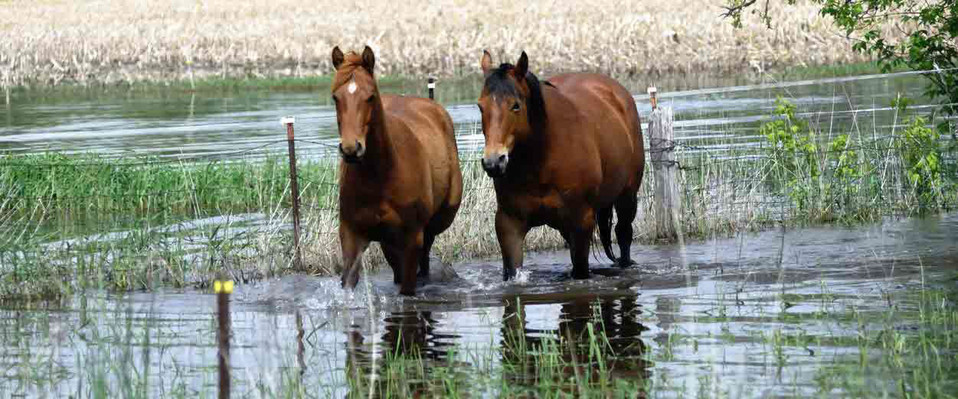Veterinarians give the thumbs up to traceability
27 Feb 2019
The Australian Veterinary Association (AVA) strongly advocate that all animal owners should ensure that efficient, practical and functional radiofrequency identification (RFID) devices are implanted to allow for easy traceability of animals. This is particularly important in the event of a natural disaster, exotic disease outbreak or biosecurity incident as it allows for the prompt reunion with their owners.
These devices include microchipping and other electronic tags and allow operators to identify individual animals by the means of a unique identification number. The implanted microchips must conform to Australian Standard AS 5019-2001, and should an animal change ownership or residence, the system can be easily updated to ensure accurate records are on file.
The Equine Veterinarians Australia (EVA) group highlights that electronic identification of horses and appropriate data management network is essential for traceability. Improved traceability of all horses will not only improve how we manage disease and disease outbreaks, it will also allow a more accurate assessment of health and welfare outcomes for horses throughout their lives.
For the health and wellbeing of the animal, all implants should only be performed by a veterinarian. All veterinarians have the technology to scan the animal and they incorporate the routine scanning of animals in their annual health examinations.
"We don’t have to look too far back into history to appreciate the vital importance of electronic identifications of horses," says Dr Cristy Secombe.
For further information and requests for interviews contact the AVA media office on 0439 628 898 or media@ava.com.au.
The Australian Veterinary Association (AVA) is the only national association representing veterinarians in Australia. Founded in 1921, the AVA today represents 9000 members working in all areas of animal science, health, and welfare.
